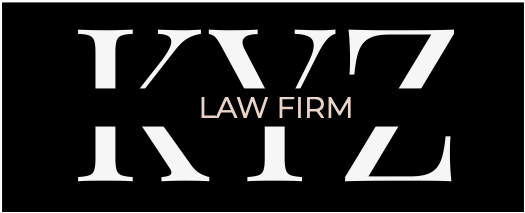What Constitutes a Fraudulent Lien?
A lien is considered fraudulent if the claimant knowingly:
- Exaggerates the amount claimed,
- Includes amounts for work not performed or materials not furnished,
- Makes a claim for labor, services, or materials that were never part of the contract or understanding between the parties, or
- Makes a claim for labor, services, or materials that are not lienable.
Mere mistakes or minor errors do not necessarily make a lien fraudulent, as long as the claim was made in good faith. However, a knowingly false lien can lead to serious consequences.
Additionally, not all property is subject to liens. Examples of property that is not lienable include:
- Public property, such as government buildings or municipal structures.
- Homestead property, unless proper notice and compliance with statutory requirements have been met.
- Property where no contractual relationship exists between the lienor and the owner and no proper Notice To Owner was served.
- Property that has been fully paid for, where a lien is filed improperly despite no outstanding balance.
- Personal property not permanently affixed to the real estate, such as removable appliances, furniture, or decorative elements, including minor repairs, routine maintenance, or purely cosmetic improvements that do not become part of the structure.
Legal Consequences of a Fraudulent Lien
Under § 713.31(2)(c), Florida Statutes, a person who files a fraudulent lien may be subject to:
- Invalidation of the lien in its entirety,
- Civil liability, including damages for any losses caused by the fraudulent lien,
- Attorney’s fees and court costs awarded to the prevailing party, and
- Potential criminal penalties, as filing a fraudulent lien can be prosecuted as a third-degree felony under § 713.31(3).
Defending Against a Fraudulent Lien
If a property owner believes a lien is fraudulent, they may:
- Do nothing. A lien expires after one year of recording unless it is foreclosed on.
- File a lawsuit for fraudulent lien removal under § 713.31.
- Seek an expedited hearing under § 713.21 to discharge the lien.
- Recover damages and attorney’s fees if the lien is deemed fraudulent by the court.
Conclusion
Florida’s fraudulent construction lien law serves as a safeguard against abuse of the lien process. While lien rights are essential for contractors and suppliers, they must be exercised responsibly and in accordance with the law. Property owners facing a potentially fraudulent lien should consult with a qualified attorney to explore their legal options.


